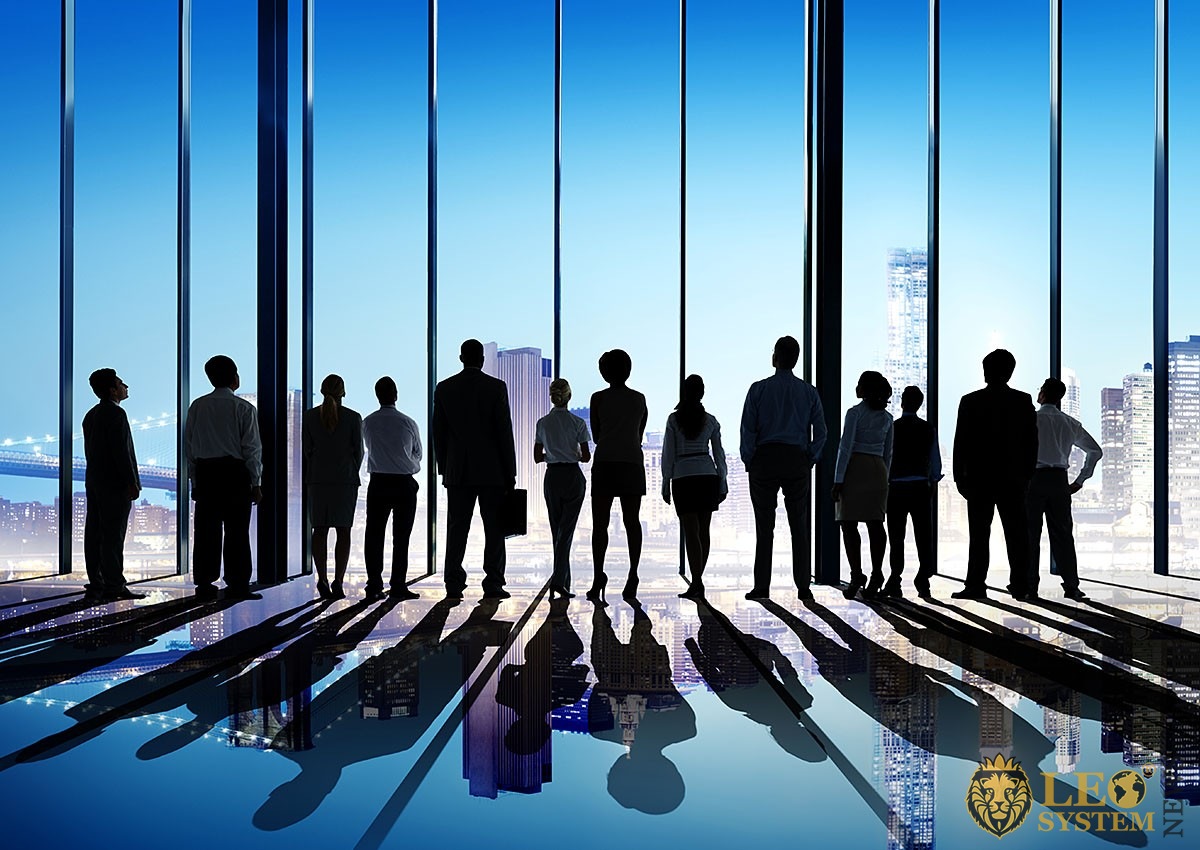Does society operate on a self-development system is a very important question to address. Development of a society takes place at many different levels, and it reflects certain changes in the infrastructure of the society. Once the society sets off on this road, it becomes better capable of fulfilling its goals and objectives.
Development of society can be of two types: unconscious and conscious. Furthermore, this development can also be natural or planned.
Areas like education and resources play an important role in making a society a self-developing one. Through education, the knowledge is handed down to the next generations that have to live in the same society.
Resources can be of many types, such as physical, mental, human and social. While physical resources may become scarce, other types of resources can be nurtured so that they could contribute to the development of a society.
In this article, we are going to look at why is society a self-developing system and what are the elements the govern social change. So, let’s get started.
Why is Society a Self-Developing System?
Development can be perceived as a process that brings about social change. This process speeds up when the conditions are favorable and people are more aware of the merits of change. This leads to better organization and consequently a system that develops by itself.

The society starts to recognize opportunities for further development, and it automatically readjusts itself to make room for those projects to become a reality. Relying only on physical resources can slow down the progress of a society, and therefore it is more important to look at other types of resources.
There are three stages of development in a society, namely physical, vital and mental. All these stages hold an important place in society and have their own significance. However, relying only on a single stage does not guarantee progress.
Let’s look at these stages one by one to understand each one’s role in making a society a self-developing system:
-
Physical Stage.
During this stage, very little emphasis is placed on innovation or creativity because the society is busy with survival. People who are more wealthy become the ruling party. Although money is there, it is locked up in a few hands. Commerce takes place only in a limited environment, and there is no social change taking place.
Technical knowledge is confined to only the wealthy or rich and therefore people who possess a creative mind do not progress. This restriction is interrupted only when the society decides to move into its vital and mental stages.
-
Vital Stage.
When a society becomes curious and innovative, it enters the vital stage. Social interactions become more widespread and emphasis is placed on commerce and agriculture. During this stage, societies discover new horizons because they now understand the true value of money and how it must be used.
People are no longer striving to acquire land; rather they focus more on multiplying money and using it for the development of the society. Law enforcement agencies become more active to provide a secure environment for business to progress. And once this happens, the society starts to mature and expand.
-
Mental Stage.
This stage encompasses the role of mind in three dimensions: practical, social and political. Once the brain becomes involved in the developmental process, nothing can stop a society from flourishing. Human rights are exercised in a more independent way and individuals become more enlightened.
This is the stage where self-organization becomes a reality and makes a society develop and prosper on its own. In addition to organizational advancement, another area that thrives during this stage is technology. Ethical ideals cannot be implemented if a society still lurks in the dark alleys of physical power.
All societies go through these three stages at some point; however, the time they spend in each stage varies. It depends on their individual capacity to move from one stage to another and set off on the road to development and prosperity.
It is also possible to learn from the experience of other societies and what they gained when they spent a certain amount of time in one stage. The faster the transition from one stage to another, the better.
Limitations to Development.
In order to make a society a self-developing system, there is a need to shift the reliance from physical resources to mental resources. Instead of using muscle power, a society should rely on brain power to achieve its goals.
All over the world, the power of the brain has been recognized and therefore development is now perceived as a function of mental resources. With the help of brain power, new inventions can be made to contribute to society in a positive way.

Technological advancements are also possible only when the mind gets involved in imaginative thinking. Without new thoughts and ideas, it is impossible to bring about a social change. So, the limitations to development are not scarcity of physical resources or money, but a lack of think tanks.
Conclusion.
It is often thought that development takes place only when there a large reserve of natural or physical resources is present in a society. However, this concept is now changing as societies have recognized the power of brain and learned to use this power for development.
A society becomes a self-developing system when it learns to utilize its social resources that comprise of knowledge, information, and technology. These resources make a society handle or address its own problems without interrupting the infrastructure or framework. In addition to social resources, human resources also play a vital role in the development of a society.
These include skills and energy of people that make up a society. Why is society a self-developing system is a question that makes us explore higher developmental levels and diminish our reliance on physical resources. We need to recognize resources that do not get exhausted when they are used.
We can use this information as a guide to increase the speed of development in our society and bring about a positive social and economic change.
Also read the article: Basic Rules of Etiquette in Society
































